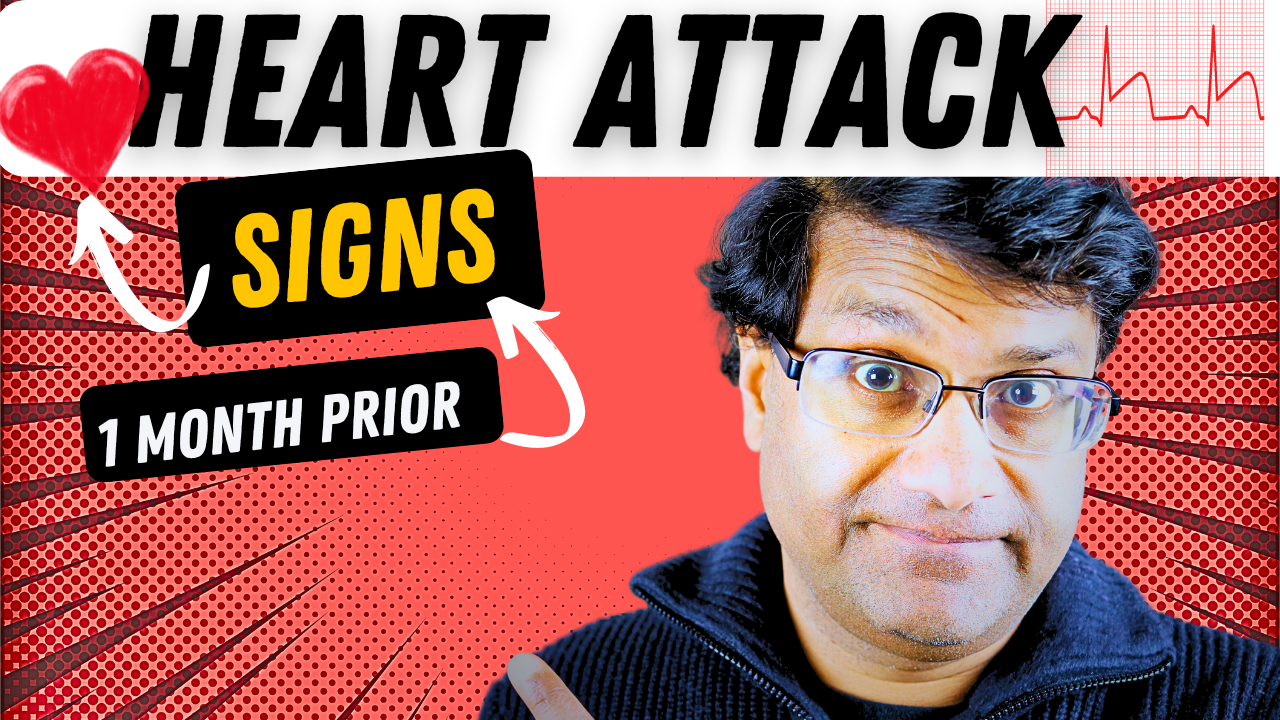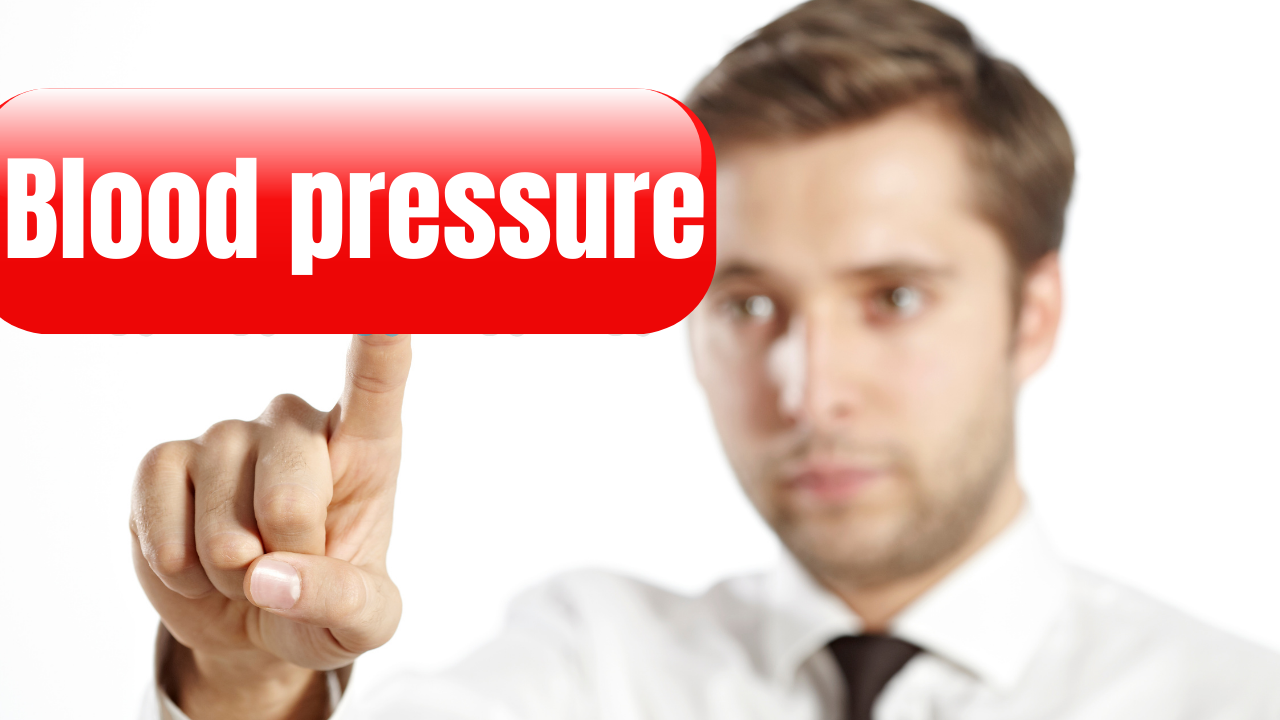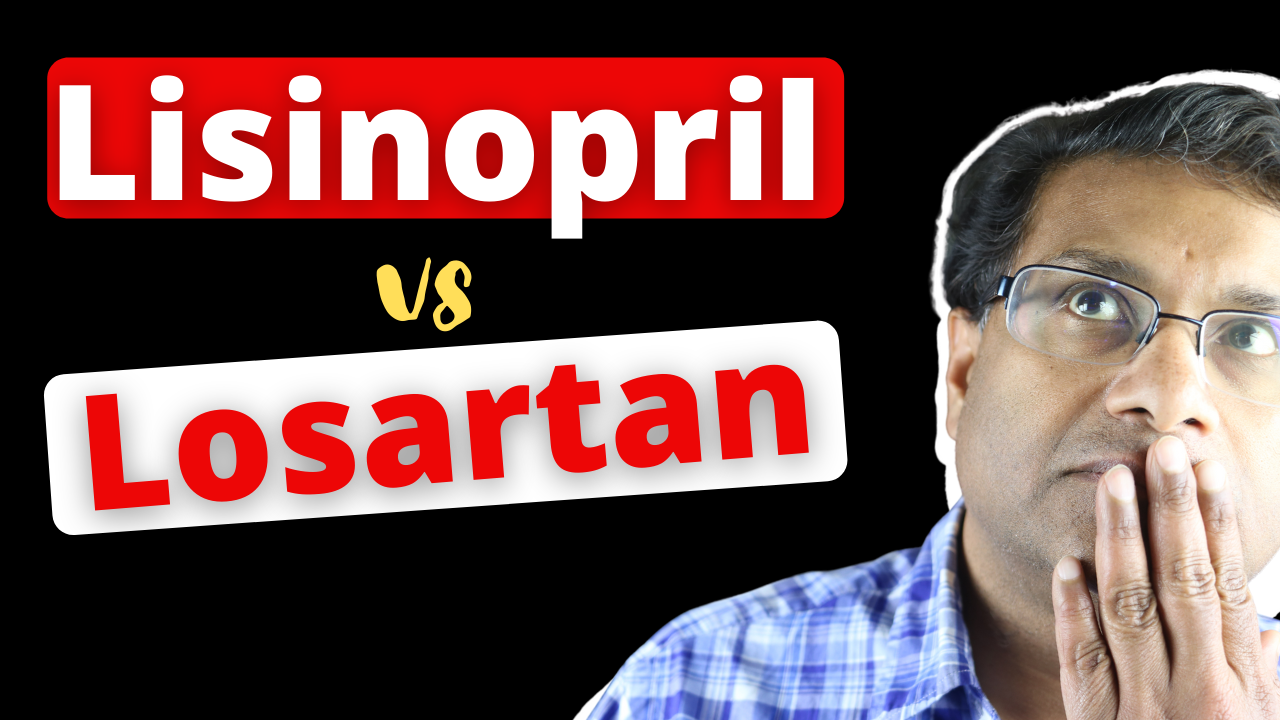Heart attacks can happen suddenly, but did you know that there are often warning signs days or even weeks before the actual event? In this article, we’ll discuss the key signs you should be aware of, including those that might occur a month before a heart attack.
Early Warning Signs of a Heart Attack:

“Before a heart attack occurs, the body often sends out warning signals that shouldn’t be ignored. These signs can manifest days before the event, and they might be more subtle than you’d expect. Common early warning signs include fatigue, sudden changes in sleep patterns, and unusual sweating. Keep in mind that while these symptoms might not necessarily indicate an impending heart attack, they’re certainly worth paying attention to.
If you have risk factors such as high blood pressure, diabetes smoking high cholesterol or a sedentary lifestyle you’ll have to take these signs and symptoms seriously. Other risk factors include a family history of heart attacks and heart disease as well as obesity. Now if these symptoms get worse especially when provoked by exerting yourself and improve or relieved by rest this sense and symptoms could be pointing towards heart disease. Check with your healthcare provider for further guidance.
The First Signs of a Heart Attack:
“When a heart attack is imminent, the body might exhibit more noticeable symptoms. These can include chest discomfort or pain. These symptoms usually last for a few minutes sometimes even longer. Chest pain can also radiate down the left arm or even up into the jaw, neck or back. Radiation of pain is usually down your left arm, but it can in cases also affect both your arms and shoulders.Shortness of breath is usually associated with chest pain, however sometimes your breathing problems can happen before your chest discomfort.Other symptoms might include feeling faint or light headed. These symptoms can vary from person to person, and it’s important to note that women might experience heart attack symptoms differently from men. For women, symptoms could include nausea, vomiting, and back or jaw pain.”
Understanding Pre Heart-Attack Symptoms:
“Pre heart attack symptoms, also known as prodromal symptoms, are the body’s way of indicating that something isn’t quite right. These symptoms can occur days, weeks, or even months before an actual heart attack. They can include fatigue, chest discomfort (which might come and go), and shortness of breath during physical activity. It’s crucial to take these symptoms seriously and seek medical attention if they persist.” I’ll explain some of these symptoms in more detail in the next segment.
Signs to Watch for a Month Before a Heart Attack:
Now, let’s focus on those signs that could appear about a month before a heart attack. Research suggests that certain symptoms could serve as red flags for an impending cardiac event. These include:

- Unexplained Fatigue: Feeling unusually tired, even after a good night’s sleep. Of course fatigue can be caused by various other illnesses or ailments but a sudden change in an individual’s overall function should include coronary artery disease as a possibility. Please note that this fatigue is different from regular tiredness and could be the body’s response to the heart working inefficiently.
- Sleep Disturbances: Trouble falling asleep, staying asleep, or experiencing night sweats.
- Digestive Issues: Nausea, indigestion, heartburn, or stomach pain. This is because of decreased blood flow to the GI tract.
- Shortness of Breath: Struggling to catch your breath, especially during physical activities. Why do you get short of breath. Well, the heart is having trouble pumping blood efficiently because of blockages of vessels going to the heart.
- Anxiety: Experiencing unexplained anxiety, restlessness, or a feeling of impending doom. This is because of your body’s physiological response to stress on your heart.
- Chest Discomfort: Feeling pressure, fullness, or pain in the chest that comes and goes. This again is because of blockage of arteries that supply your heart muscle. These can be felt as aches or pains not only in your chest, but in various parts of your body such as your jaw, back, arms, shoulders or abdomen.

feeling dizzy - Dizziness or Lightheadedness: Feeling dizzy or lightheaded, potentially accompanied by cold sweats. This is because of variation or drops in your blood pressure.
- Irregular Heartbeat: Sensing palpitations or a feeling that your heart is racing or fluttering. You might be resting on your sofa and you suddenly feel your heart racing or not beating regularly. Discuss these symptoms with your health care provider.
Silent Signs of a Heart Attack:
“While some heart attack symptoms are quite noticeable, others can be silent and easily overlooked. Why are they called silent.Well, these lack the symptoms described earlier in the video such as chest pain, radiation of this pain to other body parts, shortness of breath or dizziness.They might even feel quite mild and be brief in nature.
These four silent signs include:
- Fatigue: Extreme tiredness that doesn’t improve with rest.
- Mild Discomfort: Mild pain, pressure, or discomfort in the chest, jaw, neck, back, or stomach.
- Breathlessness: Shortness of breath, even without physical exertion.
- Dizziness: Feeling lightheaded or dizzy, which could indicate a drop in blood pressure.”
Seeking Medical Help:

“It’s important to stress that if you or someone you know experiences any of these symptoms, especially if they’re severe or persistent, seek medical attention immediately. Never dismiss these signs and remember that early intervention can greatly improve the outcome in case of a heart attack.”
And if you’re interested in the YT video click right here.
“Please note that the information provided in this video is for educational purposes only and should not replace professional medical advice. If you or someone you know is experiencing symptoms of a heart attack, seek medical attention immediately.
Think your Health!
Sources:
https://www.health.harvard.edu/.





